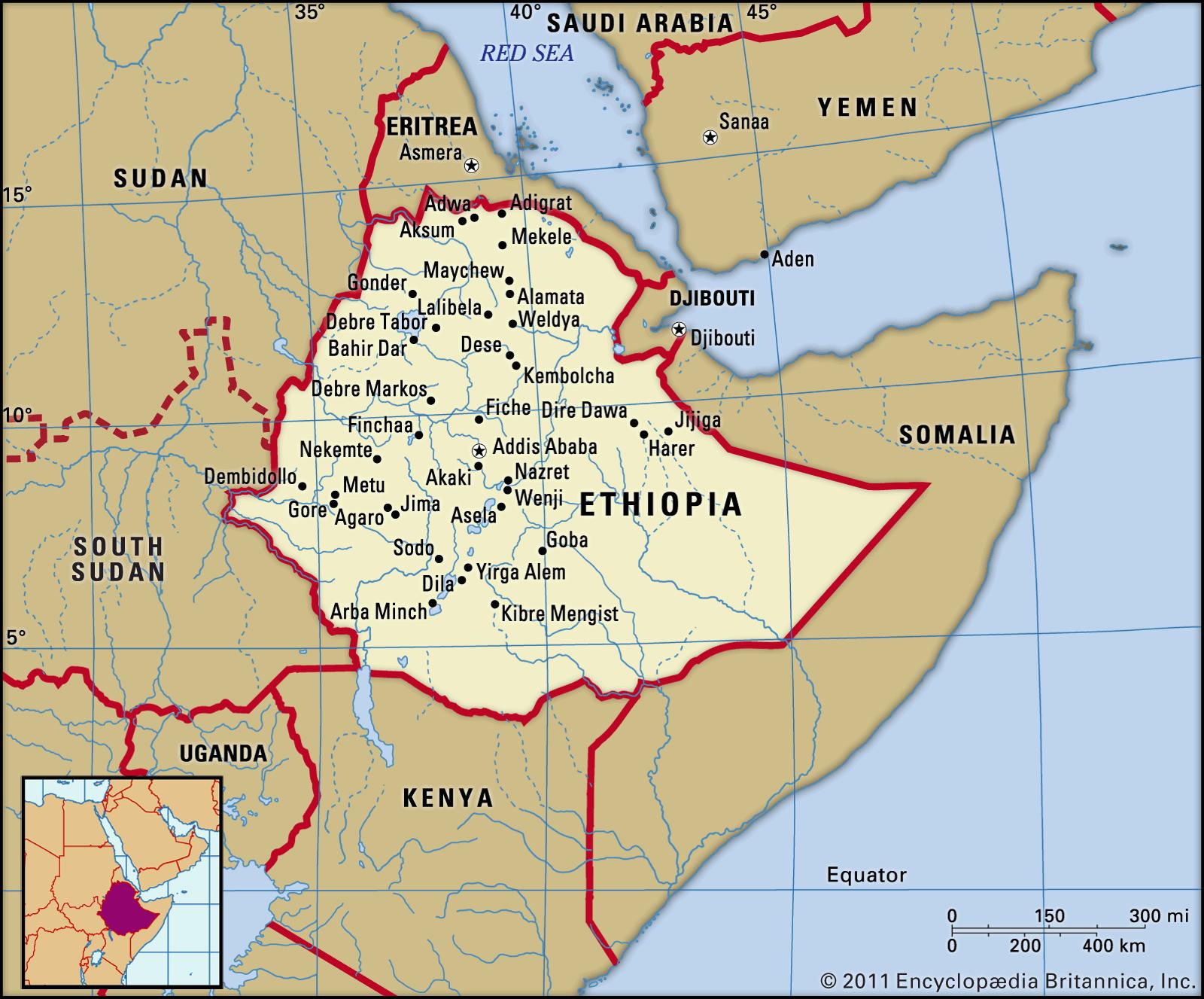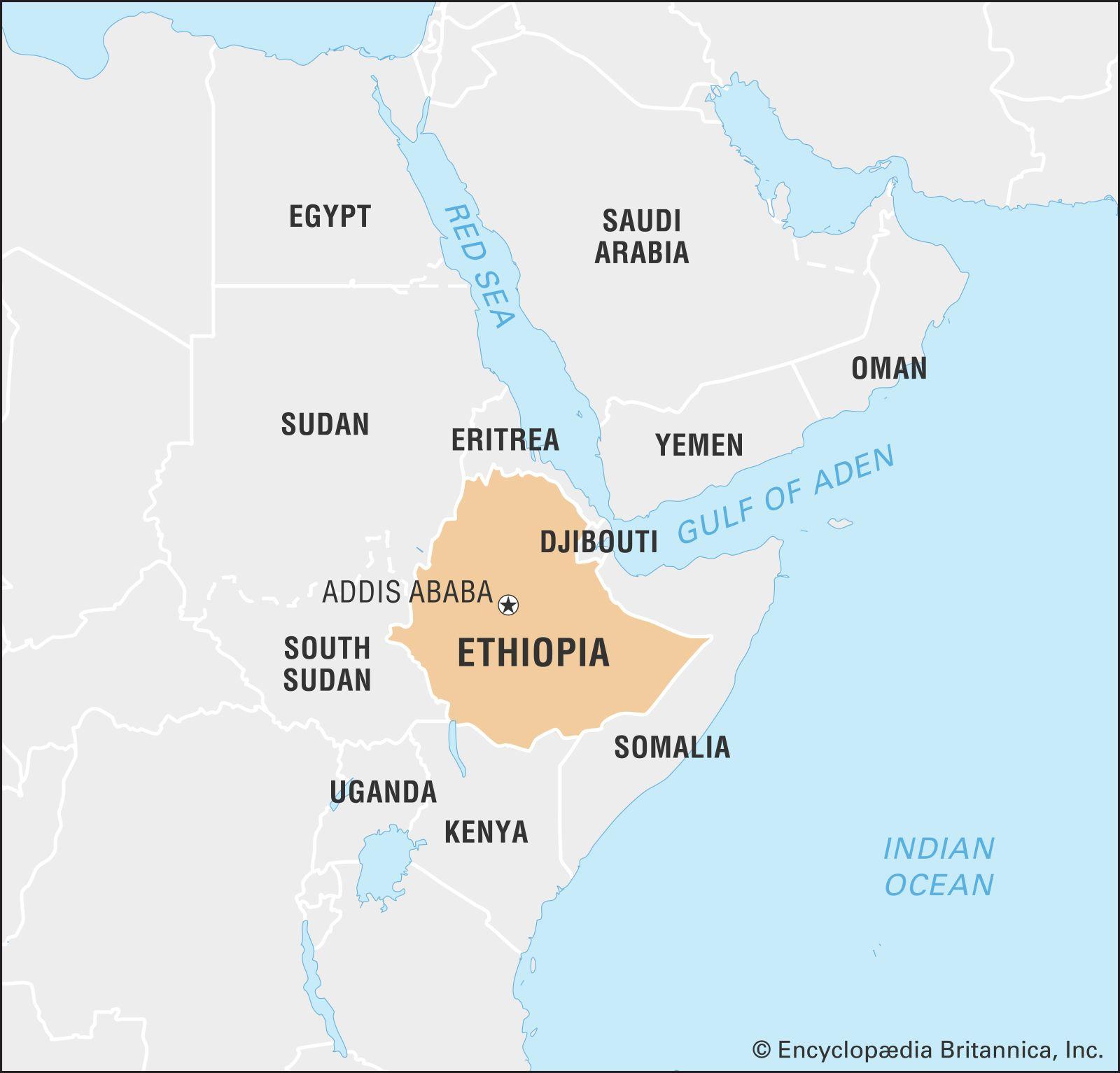Welcome too our latest blog post, where we dive into a wealth of insights inspired by the YouTube video titled “.” Ethiopia, a nation rich in culture and history, has emerged as a hotbed for entrepreneurs and investors seeking promising prospects. The video touches on various themes, from the unique challenges and advantages present in the Ethiopian marketplace to the innovative sectors ripe for exploration.As we unravel the discussion, we will highlight key sectors such as agriculture, technology, and textiles—each brimming with potential for growth and sustainability. We will also discuss how local entrepreneurs are navigating a landscape marked by both obstacles and opportunities, and what aspiring business owners need to know to thrive in this dynamic environment. Join us as we explore Ethiopia’s vibrant economic landscape, uncovering the stories of those who are shaping the future of business in this fascinating country.
Table of Contents
- Understanding the Landscape of Business Opportunities in Ethiopia
- Key sectors Ready for Investment and Growth
- Overcoming Challenges in the Ethiopian Business environment
- Strategic Steps for Success in Ethiopian Ventures
- Q&A
- To Conclude
understanding the Landscape of Business Opportunities in Ethiopia

In Ethiopia, the intersection of tradition and modernity creates a unique business ecosystem ripe for exploration. The country’s rich cultural heritage, coupled with a youthful demographic, offers numerous opportunities for entrepreneurs willing to invest in local needs and global trends. Key sectors like agriculture, tourism, and technology stand out as areas where innovation can thrive. For instance, tapping into the agricultural market coudl meen leveraging modern techniques to enhance production and supply chains, while tourism ventures can focus on promoting Ethiopia’s historic sites and natural beauty to attract international visitors.
Additionally, the rise of digital platforms is reshaping the business landscape, providing avenues for entrepreneurs to engage with customers on a broader scale. The growth of e-commerce is particularly promising, supported by a young, tech-savvy population eager for modern solutions. Networking and collaboration can be pivotal, as many local businesses are seeking partnerships to expand their reach. Understanding the nuances of the Ethiopian market, such as consumer preferences and regulatory environments, is essential for accomplished ventures. Below is a simple overview of key sectors and potential opportunities:
| Sector | Opportunities |
|---|---|
| Agriculture | Organic farming,export of coffee and spices |
| Tourism | Cultural tours,eco-tourism,hospitality services |
| Technology | Software growth,mobile applications,e-commerce |
| Renewable Energy | Solar,wind,and hydroelectric projects |
Key Sectors Ready for Investment and Growth

Ethiopia presents an array of promising sectors poised for ample investment and growth, making it an attractive destination for entrepreneurs and investors alike. Agriculture remains the backbone of the Ethiopian economy, with untapped potential in the production of high-value crops and organic farming. The demand for exportable goods such as coffee, spices, and various fruits has been on the rise, enabling local farmers to engage in lasting agricultural practices. Moreover,agro-processing industries offer lucrative opportunities; businesses can enhance value chains while amplifying rural employment. The government is actively investing in infrastructure to promote this sector, making it easier for investors to enter the market and contribute to Ethiopia’s food security and economic development.
Moreover, the technology sector is rapidly evolving, with increasing investment in digitalization and innovation. Ethiopia is witnessing a surge in the growth of startups, particularly in fintech and e-commerce, driven by a young, tech-savvy population yearning for modern solutions. The renewable energy sector, particularly solar and wind, has shown enormous potential due to the country’s abundant natural resources. By forging strategic partnerships with both local and international stakeholders, investors can tap into cleaner energy alternatives and contribute to the nation’s commitment to sustainable development. Additionally, the burgeoning tourism industry is adapting to global trends, offering packages that highlight Ethiopia’s rich cultural heritage and natural beauty, thereby attracting more foreign investment and tourists to the region.
Overcoming Challenges in the Ethiopian Business Environment

Navigating the intricate landscape of Ethiopia’s business environment requires a combination of resilience and adaptability. As the nation continues to evolve economically, businesses face a variety of challenges including bureaucratic hurdles, infrastructure deficits, and market volatility. Entrepreneurs must arm themselves with knowledge and local insights to effectively tackle these issues. Strategies that prove successful in other markets may fall short in Ethiopia; therefore, local partnerships and understanding cultural nuances become essential. Throughout this journey, networking is a significant tool, establishing connections with local enterprises can unlock opportunities and provide insights into best practices that work within the region.
Furthermore, businesses need to focus on innovation and versatility to turn these challenges into opportunities.For instance, investing in local resources and technology can dramatically improve operational efficiency. Companies are encouraged to explore alternate channels and adapt their business models in response to the fluctuating market environment.Engaging with communities to understand their needs and preferences can also lead to innovative product offerings. By embracing a proactive mindset and encouraging a culture of continuous advancement, businesses not only navigate challenges but can also seize the vibrant market potential that Ethiopia presents.
Strategic Steps for Success in Ethiopian Ventures
To thrive in Ethiopia’s dynamic business landscape, it’s essential to implement a range of strategic steps that align with local market needs. Start by conducting thorough market research to understand consumer behavior, preferences, and potential demand for your product or service. Build strong relationships with local stakeholders and leverage their insights on market trends, regulatory requirements, and cultural nuances that could impact your venture. Establishing a local presence through partnerships or by hiring local talent can facilitate smoother operations and enhance credibility with customers.
Additionally, consider the significance of innovation and adaptability in your business model. Ethiopia’s economy is evolving, and being able to pivot quickly in response to changing market conditions will give you a competitive edge.Focus on sustainable practices and community engagement, as these will not only appeal to ethically conscious consumers but also strengthen your reputation. By integrating technology and best practices,you can optimize efficiency and expand your market reach. Below is a simplified overview of key areas to focus on:
| Key Focus Areas | Action Steps |
|---|---|
| Market Research | Conduct surveys and focus groups to understand local consumer needs. |
| Local Partnerships | Collaborate with local businesses and organizations for insights and support. |
| Innovation | Implement technology solutions to improve efficiency and service delivery. |
| Sustainability | adopt eco-amiable practices to attract ethically-minded consumers. |
Q&A
Q&A:
Q1: what are some successful business sectors in Ethiopia?
A1: Ethiopia offers various lucrative business opportunities across multiple sectors, including agriculture, textiles, manufacturing, and technology. The country’s rich agricultural resources, particularly in coffee and spices, provide a solid foundation for agribusiness ventures.Moreover, with the growing global interest in sustainable fashion, the textile industry is gaining traction, leveraging Ethiopia’s unique cotton production.
Q2: How can foreign investors benefit from the Ethiopian market?
A2: Foreign investors can benefit from Ethiopia’s strategic location, rich resources, and an emerging consumer market. The government’s favorable policies aimed at attracting foreign investment include tax incentives and streamlined regulations. Investors can tap into both the local market and export opportunities to neighboring countries, thus maximizing their profit potential.
Q3: Are ther any challenges that one should consider when starting a business in Ethiopia?
A3: Yes, potential challenges include navigating the regulatory environment, managing supply chain complexities, and addressing infrastructure issues such as transportation and energy supply. It’s essential for investors to conduct thorough market research and consider partnering with local businesses to better understand the landscape.
Q4: What role does technology play in Ethiopia’s business environment?
A4: Technology is increasingly playing a key role in Ethiopia’s business environment, especially in sectors like e-commerce, fintech, and agricultural tech. The burgeoning tech ecosystem in cities like Addis Ababa, supported by a young, tech-savvy population, is fostered by various incubators and investment programs aimed at promoting innovation.
Q5: Could you elaborate on any specific industries that show particular promise in Ethiopia?
A5: Certainly! The agriculture sector, especially organic farming and agro-processing, is very promising. The tourism industry is also poised for growth, thanks to Ethiopia’s rich cultural history and natural beauty, providing opportunities in hospitality and travel services. Additionally, renewable energy projects are gaining momentum, aligning with global sustainability goals.
Q6: what advice would you give to entrepreneurs looking to start a business in Ethiopia?
A6: Entrepreneurs should prioritize thorough research, build networks with local business communities, and stay informed about local market trends and consumer preferences. Engaging with local partners can significantly enhance understanding of the market dynamics and avoid common pitfalls. Emphasizing social obligation and sustainability will also resonate well with the growing consumer base concerned with ethical practices.
Q7: How crucial is local culture and community engagement in business success in Ethiopia?
A7: Local culture and community engagement are crucial for success in ethiopia. Understanding cultural norms and consumer behavior helps in tailoring products and services to meet local needs. Businesses that invest in community engagement frequently enough garner better brand loyalty and recognition, which are vital for long-term success.
This Q&A should provide readers with insights into the vibrant business landscape of Ethiopia, encouraging informed discussions around its potential and various opportunities.
To Conclude
As we wrap up our exploration of lucrative business opportunities in Ethiopia, it’s clear that this vibrant nation is brimming with potential. From the subtleties of local markets to innovative sectors ripe for investment, the insights shared in the video highlight not only the opportunities that lie within Ethiopia’s economic landscape but also the passion and resilience of its entrepreneurs.
We encourage you to take these thoughts as a springboard for your own considerations—whether you’re an aspiring entrepreneur looking for the next big venture or simply curious about this rising economic titan. The dynamic tapestry of Ethiopia’s business environment offers lessons in creativity and adaptability that can inspire anyone, regardless of location.
Thank you for joining us on this journey through Ethiopia’s untapped potential. Don’t forget to share your thoughts in the comments below; we’d love to hear how you plan to engage with or invest in this fascinating market. Until next time, may your business endeavors lead you to success and prosperity!



